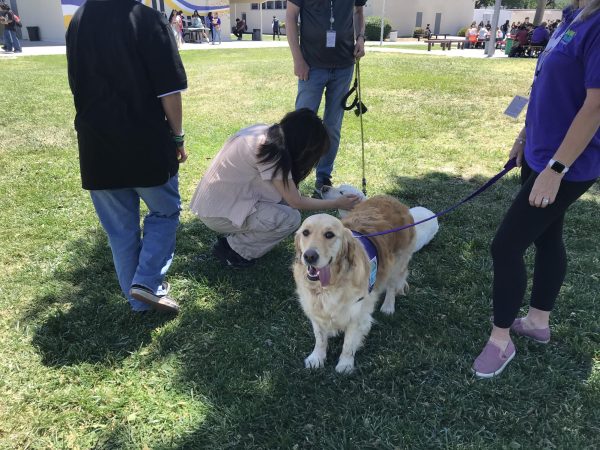Seniors share experiences on college application process
The college mail that is delivered, gives high schoolers more ideas and options for what they might be interested in for the future.
May 19, 2022
As this school year ends, many juniors are left wondering what to do for senior year, specifically the complicated process of college applications, as the information and the many colleges can seem daunting.
Seniors navigate through the varied applications, deadlines, and requirements for their universities, and with coursework for school classes, the process can be time-consuming and stressful. Choosing the right college list, between safety, target, and reach schools, is an important component of the application process.
“I applied to 27 schools, and that was a lot, and I would not recommend that, so I think the hardest part is really limiting where you are applying to and prioritizing what you really care about in a college,” said future UC Berkeley student, Riddhi Datta (‘22).
Not only are each of the colleges different, but there are also many aspects of a college to consider, such as diversity, majors, and the number of clubs on campus.
“Understand what that college stands for, who the students are, and what they are like, read the college mottos and everything… These are all elements to include into your essay and to do that, you need to leave a lot of time to research [about the college],” said Datta (‘22).
The essays, at a 25% weightage on the application, are a critical component, as they help showcase talents and one’s differences.
“I would note, that you, among many other students, who are applying for one major might have the same type of strengths, like grades, or extracurriculars, but I think what’s more important is how you actually convey [that you made] an impact with [those strengths],” said future UC Davis student, Abhimanyu Warrier (‘22).
Experiences through extracurricular activities, as well as contributions to the community, give an added depth to one’s essay and one’s uniqueness.
“Make sure you convey your story, how you can make a difference [in the future], how your impacts matter, and how they’re unique to you than just talking about your strengths,” said Warrier (‘22).
With many options available to students post-graduation, the college application process is actually much more open than many might think. Community college and vocational schools are always an option, and in those cases, the full paperwork-heavy process is different and sometimes less complicated.
“Try to be yourself, and try to get down to what is a priority to you when it comes down to make the college list, and just be patient when making the college lists. They take a while, and it’s not going to happen on the first try,” said Datta (‘22).

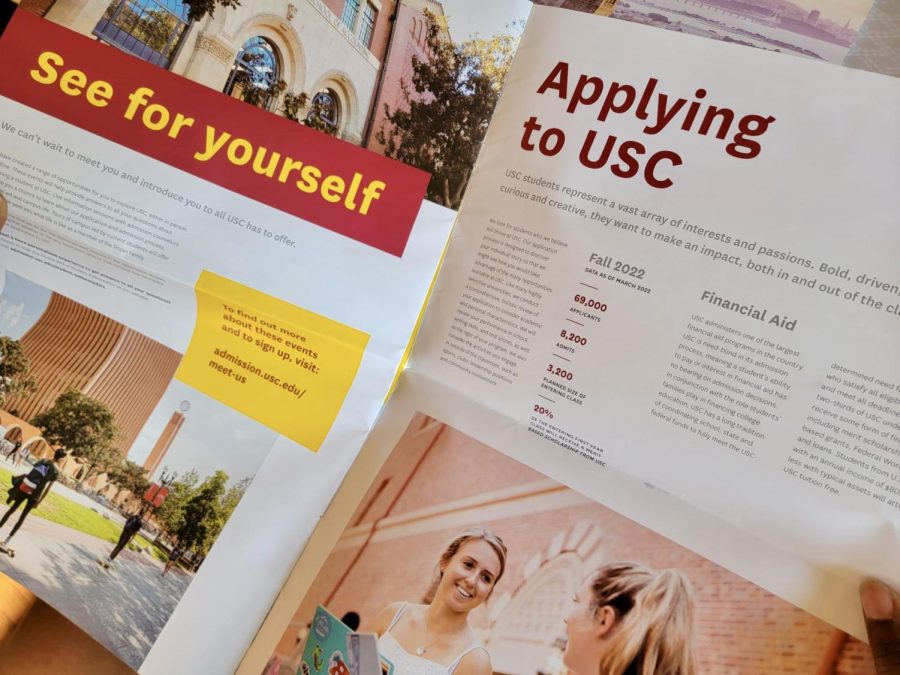
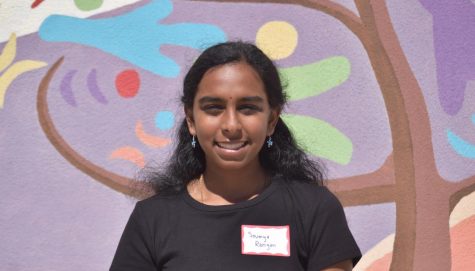




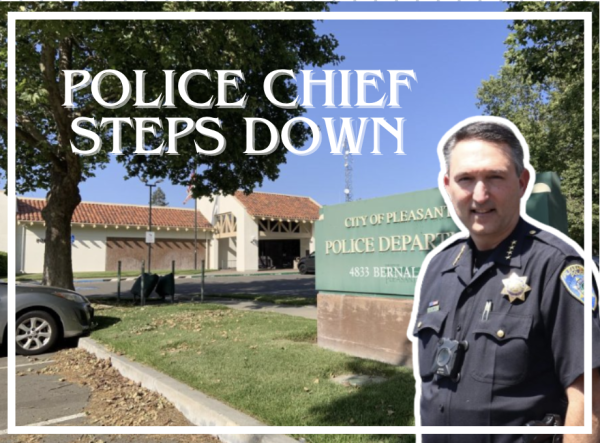
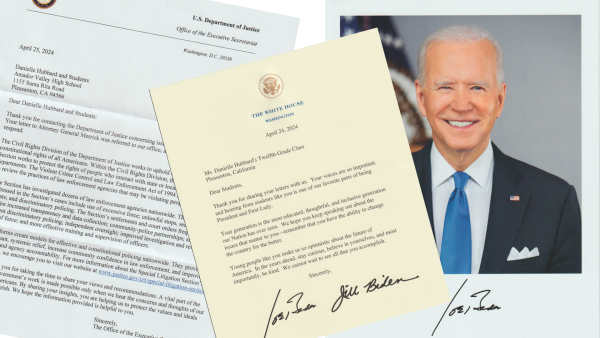

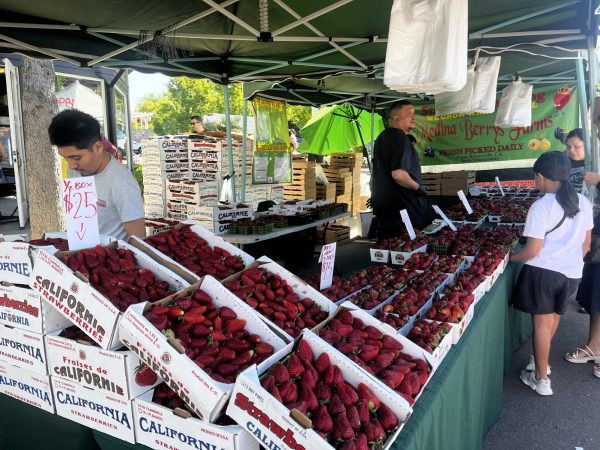


![The outgoing EICs [left to right] Zenil Koovejee, Aileen Hu, Ritika Gupta, Zaynah Shah, and Audrey Combs take a picture with journalism advisor Wendy Connelly to commemorate their last banquet.](https://www.amadorvalleytoday.org/wp-content/uploads/2024/05/458E2D9A--600x451.jpg)
